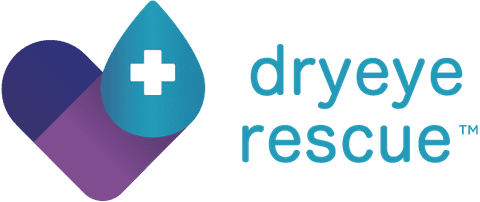
Regular comprehensive eye exams are an essential part of maintaining your overall health and well-being. These comprehensive assessments go beyond just checking your vision - they allow your eye care provider to thoroughly evaluate the health of your eyes, detect any underlying conditions, and recommend appropriate treatment or management strategies. Whether you're due for your next eye exam or simply curious about the process, understanding the importance of comprehensive eye exams and how often you should have them can help you prioritize your visual health.
What is a Comprehensive Eye Exam?
A comprehensive eye exam is a thorough assessment of your visual system and overall eye health. It goes beyond a simple vision screening and involves a series of tests and evaluations performed by an optometrist.
The exam typically begins with a discussion of your medical history and any vision-related concerns you may have. Your optometrist will then perform a series of tests and evaluations, some of which may involve the use of specialized equipment or eye drops to dilate your pupils and allow for a more thorough examination. Your eye care doctor will guide you through the process and ensure that you are as comfortable as possible.
Common Eye Conditions Detected During Comprehensive Eye Exams
Comprehensive eye exams are designed to identify a wide range of eye health issues, from refractive errors to more serious conditions. Some of the common eye conditions that can be detected during these exams include:
- Refractive Errors: Nearsightedness (myopia), farsightedness (hyperopia), and astigmatism are the most common refractive errors that can be identified and corrected with prescription lenses or other treatments.
- Glaucoma: This condition is characterized by increased pressure within the eye, which can damage the optic nerve and lead to vision loss if left untreated.
- Cataracts: A clouding of the eye's lens that can gradually impair vision over time.
- Macular Degeneration: A leading cause of vision loss in older adults, macular degeneration affects the central part of the retina, known as the macula.
- Diabetic Retinopathy: This condition, which is a complication of diabetes, can cause damage to the blood vessels in the retina and lead to vision problems.
- Dry Eye Syndrome: A chronic condition that occurs when the eyes do not produce enough tears or the tears evaporate too quickly, leading to discomfort and potential vision problems.
By identifying these and other eye health issues early on, your optometrist can recommend appropriate treatment or management strategies to help preserve your vision and overall eye health.
How Often Should You Have a Comprehensive Eye Exam?
The frequency of your comprehensive eye exams can vary depending on your age, overall health, and any existing vision or eye-related conditions. Here are some general guidelines for how often you should schedule a comprehensive eye exam:
- Children and Adolescents: Infants should have their first comprehensive eye exam between 6 and 12 months of age. Preschool-aged children (3 to 5 years old) should have an eye exam at least once during this time. School-aged children and adolescents should have a comprehensive eye exam annually, or as recommended by their eye care provider.
- Adults: Healthy adults between the ages of 18 and 60 should have a comprehensive eye exam at least once every two years. Adults aged 61 and older should have a comprehensive eye exam annually.
- Individuals with Existing Eye Conditions or Health Concerns: People with diabetes, high blood pressure, or other chronic health conditions that can affect the eyes should have a comprehensive eye exam at least once a year. Individuals with existing eye conditions, such as glaucoma or macular degeneration, may need more frequent exams, as recommended by their doctor.
Your eye care provider can help determine the optimal frequency for your comprehensive eye exams based on your unique circumstances and health history.
Schedule Your Comprehensive Eye Exam with Eyes of North Scottsdale Today
Your eyes are essential to your overall well-being, and regular comprehensive eye exams are a critical component of maintaining your visual health. By understanding the importance of these exams, what to expect during the process, and how often you should schedule them, you can take proactive steps to protect your eyesight and catch any potential issues early on.
Whether you're due for your next exam or simply want to learn more about the benefits of comprehensive eye care, make your eye health a priority. Schedule an appointment with Eyes of North Scottsdale and take the first step towards preserving your vision for years to come. Visit our office in Scottsdale, Arizona, or call (480) 863-0707 to book an appointment today.












